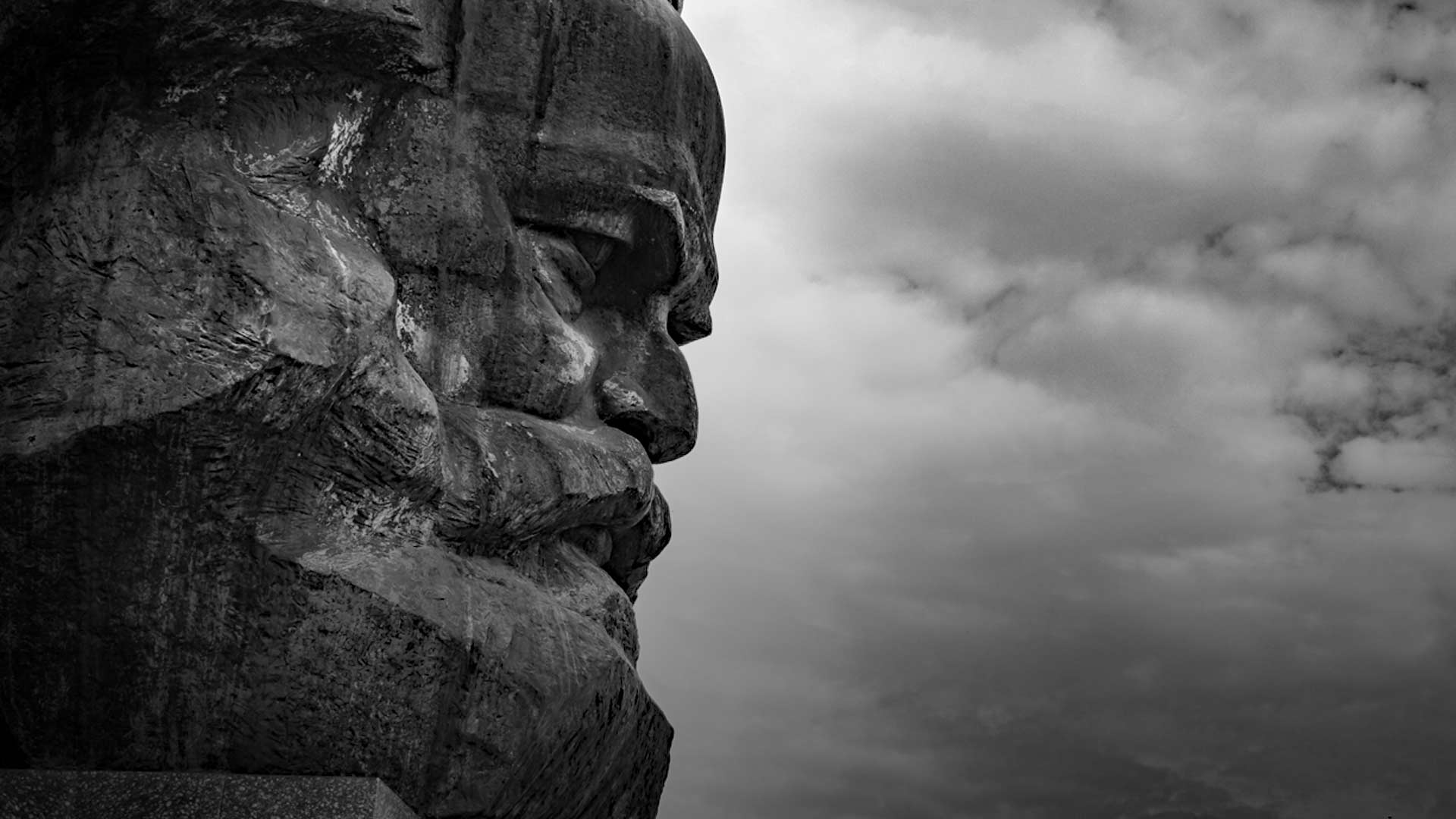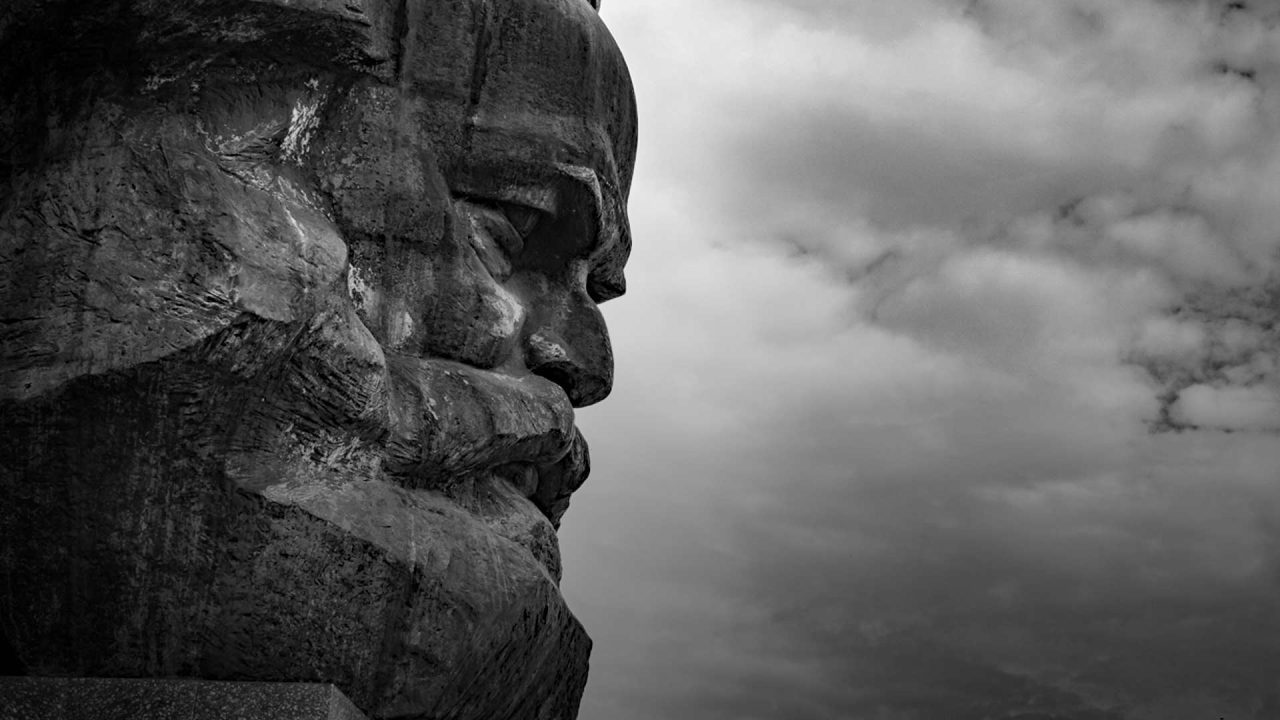
In 1982, I, with a group of graduate students from Brown University, attended a lecture of the prominent archaeologist Richard Leakey. Dr. Leakey began his lecture by holding his wallet and then dropping it on the floor in free fall, demonstrating that gravity is an indisputable scientific fact, whereas archaeological research largely relies on logic and inductive analysis – a method of reasoning that involves deriving general principles from a set of observations.
As a student of history and social sciences (anthropology, sociology, archaeology), I, too, found that social science data is the most difficult to present in an objective and unbiased way as opposed, for example, to natural sciences.
Social scientists interpret their data based on law-like propositions, subjective views, associative and causal hypotheses (i.e., undefined theories), and influences of the prior well-established intellectual thoughts – generalize experiences, abstract terms, and draw conclusions from assumptions.
In contrast, natural sciences base their inquiries and conclusions on logic and objective natural laws (e.g., gravity, speed of light, magnetism, etc.). Thus, it is imperative to understand sources and components of social science principles prior to applying it to the society at large.
Marxism – the system of views and ideas of Karl Marx – arose because of the study, critical understanding and radical reworking of the advanced ideas of European social and scientific thought of the 19th century.
The main theoretical sources of Marxism were (1) German classical philosophy, (2) English classical political economy and (3) French utopian socialism in combination with French revolutionary ideas and the practice of European revolutions.
(1) In the process of developing his theory, Karl Marx combined Hegelian dialectics, as a doctrine of development, with Feuerbach’s materialism and for the first time applied the method of materialistic dialectics developed by him to the analysis of the development of human society. The materialistic understanding of history was Marx’s first critical discovery, which allowed him to understand the logic and principles of the development of human society in the historic context.
Georg Wilhelm Friedrich Hegel (1770-1831) was a German philosopher and one of the most influential figures of German idealism. Hegel stressed the need to recognize that the realities of the modern state necessitate a strong public authority along with a populace that is free and unregimented. To Hegel, the principle of government was constitutional monarchy, the potentialities of which had been seen in Austria and Prussia in the 19th century.
Ludwig Andreas von Feuerbach (1804-1872) was a German philosopher, best known for his book “The Essence of Christianity,” which provided a critique of Christianity that strongly influenced generations of later European thinkers, including Charles Darwin, Karl Marx, Sigmund Freud, Friedrich Engels and Friedrich Nietzsche.
Ludwig Feuerbach advocated dialectic materialism, or a method of reasoning that considers how things change, move, and are interconnected in the material world. To Feuerbach, materialism is a philosophical view that posits that facts are dependent on material reality. Subsequently, the material basis of reality is constantly changing through a dialectical process. In his view, matter is prioritized over mind (consciousness); and scientific theory emphasizes the relative nature of theories about matter’s structure and properties.
Many of Feuerbach’s philosophical writings offered a critical analysis of religion. His thought was influential in the development of historical materialism and scientific atheism, where he is often recognized as a bridge between Hegel and Marx.
Marx believed that the mode of production was the foundation of society and that it demonstrated the differences between the economies of various societies.
(2) The second theoretical source of Marx’s theory was English political economy. Having begun studying economic theory in the 1840s, Marx critically rethought and significantly reworked almost all previous economic theories, beginning with the 17th century. He concluded that it had reached its peak in the works of English economists Adam Smith and David Ricardo.
By creating his theories of value and surplus, Marx proposed and contrasted his economic interpretation to the theoretical principles of economic theory of Adam Smith, who called labor the source of value, and David Ricardo, who pointed out the opposition of interests of capital and labor.
The theory of surplus value became Marx’s second economic invention. Marx’s entire economic theory is based on the theories of value and surplus value. In other words, supply and demand is his key economic principle. The principle of supply and demand predicts that if the supply of goods or services outstrips demand, prices will fall. However, if demand exceeds supply, prices will rise. In short, in a free market, the equilibrium price is the price at which the supply exactly matches the demand.
In Marxist economic theory, the mode of production is a way of organizing society to produce goods and services. It’s made up of two main parts: (1) Forces of production—the tools, machines, raw materials, and other resources used to produce goods and services and (2) Relations of production – the social structures that regulate the relationship between people in the production of goods.
ALASKA WATCHMAN DIRECT TO YOUR INBOX
Marx believed that the mode of production was the foundation of society and that it demonstrated the differences between the economies of various societies. He also believed that the mode of production was a way for people to express their life, and that what people are coincides with what and how they produce.
According to Marx, capitalism is a mode of production that has been dominant since the 18th century. It’s based on private ownership of the means of production, the operation of the means of production for exchange value, and the need for people to sell their labor power to make a living.
(3) The study of the historical experience of the revolutions of the late 18th and 19th centuries, primarily the French Revolutions and the first revolutionary actions of the proletariat in European countries, gave Marx an understanding of the significance of class struggle in history. The ideas of utopian socialism of social structure of Henri de Saint-Simon, Charles Fourier and Robert Owen, in which age-old dreams of equality and justice were refracted, served as the third source of Marxism and the basis for the creation of the principles of Scientific Communism by Marx and Engels.
In short, Marxism, and, in part, its outgrowth the far-left neo-Marxism (i.e., white privilege and critical race theory doctrines, DEI and systemic racism notion), includes dialectical materialism, economic theory of mode of production and the theory of Scientific Communism, including historical materialism.
The views expressed here are those of the author.








1 Comment
Karl Marx’s key essays and selected chapters of Das Kapital were required in my college schooling in the former Soviet Union. I found Marx writing very complicated and even convoluted. Perhaps it was the 19th century writing style. Nevertheless, his teaching was a novelty at that time, and foundation and guidance for the revolutionary movement in Europe.
In fact, German industrialists hired Karl Marx to analyze the new economic environment in Europe. And Marx came out with 3 volumes of Das Kapital published in 1867, 1885 and 1894 respectively. At that time, most industrialists and economists could not understand his complicated writing and analysis, and those who did understand, hated its conclusions, especially the concepts of “class struggle” and “mode of production.”
In my view, today Marxism is not an ideological threat to our society; it must be interpreted in the historical context of the 19th and 20th centuries. Today, Marxism outlived its purpose and validity. But the far-left neo-Marxism of white privilege, critical race theory, DEI, systemic racism, Black Lives Matter, wokeism and ANTIFA are indeed a grave danger to the fabric and ultimate existence of our society.
Karl Marx was financially supported by his friends, including his close friend Frederic Engels. Marx had a big nuclear family of his wife and seven children, four of whom died before reaching adolescence.